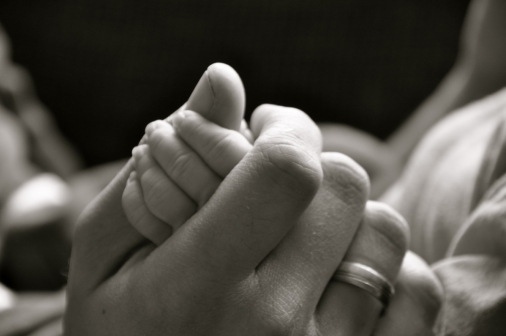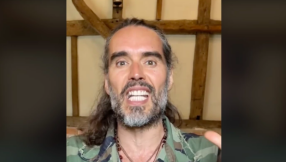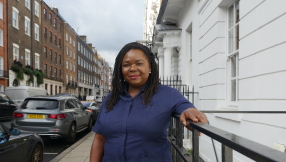
The legalisation of child euthanasia in Belgium has provoked sadness from many in the Christian community.
The Belgian parliament voted last Thursday to remove restrictions on euthanasia for people under the age of 18. Euthanasia has been legal in the country since 2002.
Responding to the vote, President of the Evangelical Alliance in Belgium, Herman Spaargaren, told Christian Today: "The problem is that nobody thinks about what is coming after death.
"Also the meaning of life in the sight of God has become a non-issue."
Kris Vleugels of C'axent, a Christian political movement from the Flanders region, said he could not describe his reaction as one of disbelief "for I am used to the culture of death in our Belgian Parliament, but sadness, yes".
He suggested the law had been passed undemocratically: "RTL and VTM, two big commercial TV networks, held a poll yesterday. Sixty-three per cent of the Wallonians and seventy-three per cent of the Flemish don't want this law. Democracy?
"We prayed that enough MPs would open their eyes for the huge dangers that come with the passing of this bill ... it opens the Pandora Box again."
The law comes with certain checks in place. It is limited only to children who are terminally ill and suffering chronic pain that cannot be managed by medication.
Asked if he thought these safeguards were enough, Mr Vleuges said: "Up to now these death laws have always been the start of a worsening legislation
"I know people in the follow up commissions of the Belgian abortion and euthanasia laws. They are very clear about the consequences: the numbers grow.
"One of the arguments of the pro-euthanasia camp is that, when legalised, the number of abortions and euthanasia practices will shrink. The opposite is true."
Mr Spaargaren suggested Belgians make their feelings on the law known at the next elections in May.
"It would be good if the government would feel in the elections that they made a wrong decision, without the consent of the majority of the Belgium population," he said.
Mr Vleugels said it was still possible that the highest ranking Christian in the country, King Philippe, would act out of conscience and refuse to sign the bill into law.
"Maybe the reason the Flemish nationalist (opposition) party, N-VA, supported the bill was thinking our religious king won't sign it," said Mr Vleugels. "Then there will be discussion about the role of the king."
A petition on the CitizenGo website calling for King Philipe to refuse to sign the euthanasia bill has been signed by over 118,900 people.
"You are the King of the Belgians and as such committed to your people. You are used to signing every law that has been adopted by the democratically elected Parliament, even if you do not agree with them", the petition states.
"This law is unique and it serves as a sign to other countries that it might be permissible to introduce such laws.
"As concerned citizens of Europe, we write to you to urge you not to sign this bill, even if it will be a challenge for you to defend this decision. Please do not say yes to the most frightening law on euthanasia worldwide."
If King Philippe did refuse to sign the bill, it would not be the first time he has used his royal powers to defy lawmakers.
In December last year, he used what one Belgian Mayor described as "a custom dating from the middle ages or Roman Empire" to offer pardons to 11 people convicted of traffic offences.
However refusing to sign a law of this magnitude could create a constitutional crisis in Belgium and threaten the end of the monarchy.













